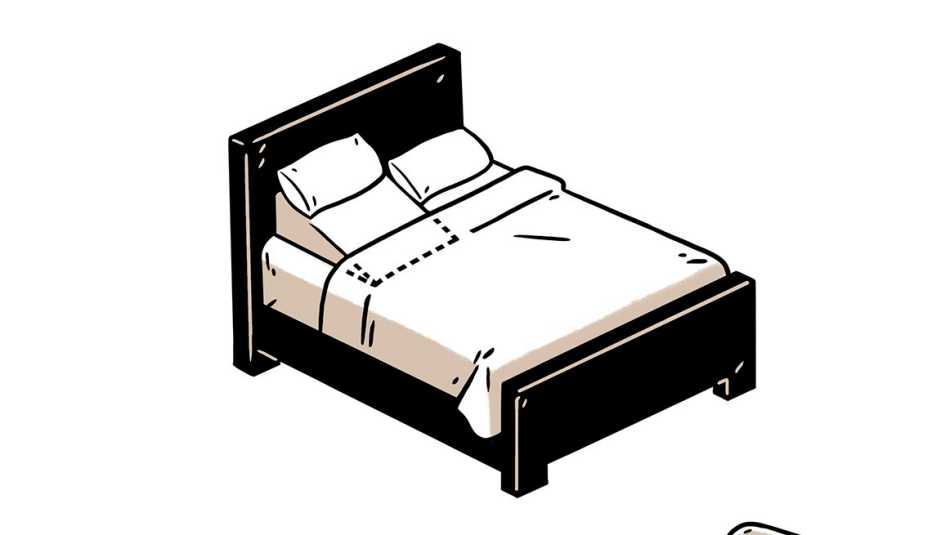AARP Hearing Center
A survey of some of the very human and vaguely embarrassing conditions that stalk men. And just to be fair, we have a women’s edition, too.
1. New Vistas in Digestive Distress
You used to live on hot wings and chili dogs. Now, eating them can make you feel like you’re dying.
The reason: Over time, a decrease in digestive enzymes and changes in the bacteria in your gut may make it harder to break down food, says Steven Lamm, medical director of the Tisch Center for Men’s Health at NYU Langone Medical Center. And guys are more likely to take nonsteroidal anti-inflammatory drugs such as ibuprofen for joint pain; these meds make the stomach lining more sensitive. Finally, older men tend to develop gastrointestinal reflux (aka heartburn). Try this…
Eat mindfully. Spicy foods are easier to handle if you don’t eat too much or too quickly, Lamm says. Sit down for meals, eat slowly, and savor every bite.
Try an OTC antacid: Over-the-counter products such as Tums, Zantac and Pepcid AC work by neutralizing or reducing stomach acid; they’re fine to take for up to 10 days if they offer relief. After that, see a doc for diagnosis.
Act now if: Your stools look black or bloody. That could mean you have a bleeding ulcer.


2. Is This the End of Rise and Shine?
Your morning erection is appearing less often.
The reason: likely just a normal drop in testosterone levels. Involuntary erections during sleep are abetted by testosterone, a hormone that diminishes as we age. As long as you feel healthy and can get an erection when you want one, a few mornings without one are probably no cause for alarm, says urologist Kevin Billups of Meharry Medical College in Nashville. Try this…
Bust that gut. Visceral belly fat causes your body to produce less testosterone. If your levels are below normal, losing weight around your middle can make a big difference, says Billups.
Check your testosterone. If a blood test shows your levels are abnormally low, your doctor may prescribe supplementation (in the form of a gel, patch, injection or implantable pellet). Other symptoms of low testosterone include fatigue, a lagging libido and being overweight.
Act now if: You haven’t had a morning erection for months. That’s a sign of erectile dysfunction, which could indicate diabetes or high blood pressure. See a urologist.


3. Things That Go ‘ZZGNHZZKKKKGHGH’ in the Night
The spouse says your snoring is getting worse.
The reason: With age, the tissue in your upper airway gets looser, says Clete A. Kushida, medical director of the Stanford Sleep Medicine Center. While light snoring may be just an annoyance, sleep apnea — in which you temporarily stop breathing — is a real worry, since it raises your risk of high blood pressure, stroke and heart disease. Try this...
Prop up your bed. Elevate the head of your bed by 30 degrees (try a sleep wedge), and use a body pillow to help you stay on your side when you sleep.
Open wide. Doing mouth and tongue exercises reduced snoring frequency by 36 percent, according to a recent study published in the journal Chest. These exercises usually involve repeatedly pressing or sliding your tongue down or up. Many exercise routines are available online.
Drop a few pounds. Excess fat around your neck can worsen snoring.







































































